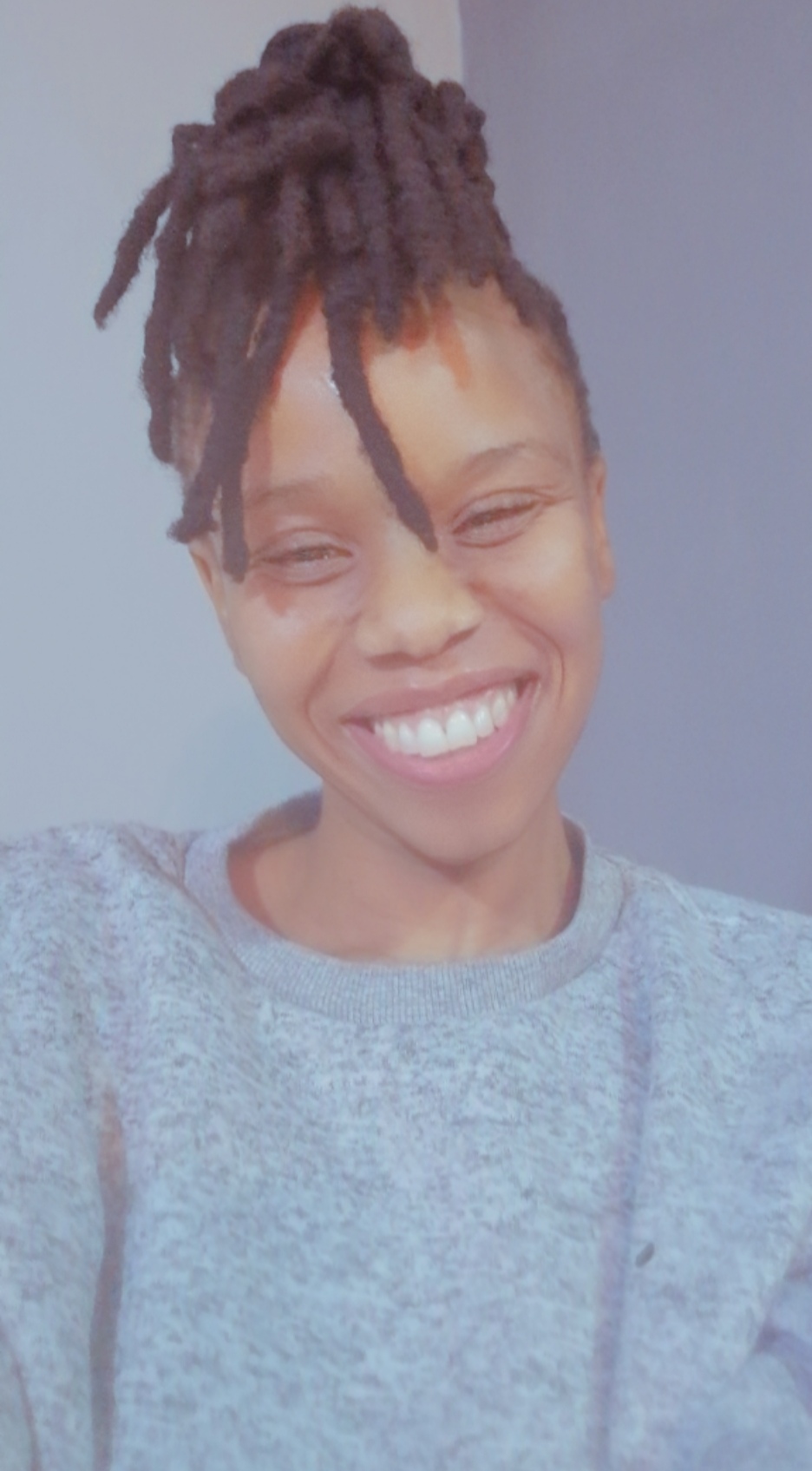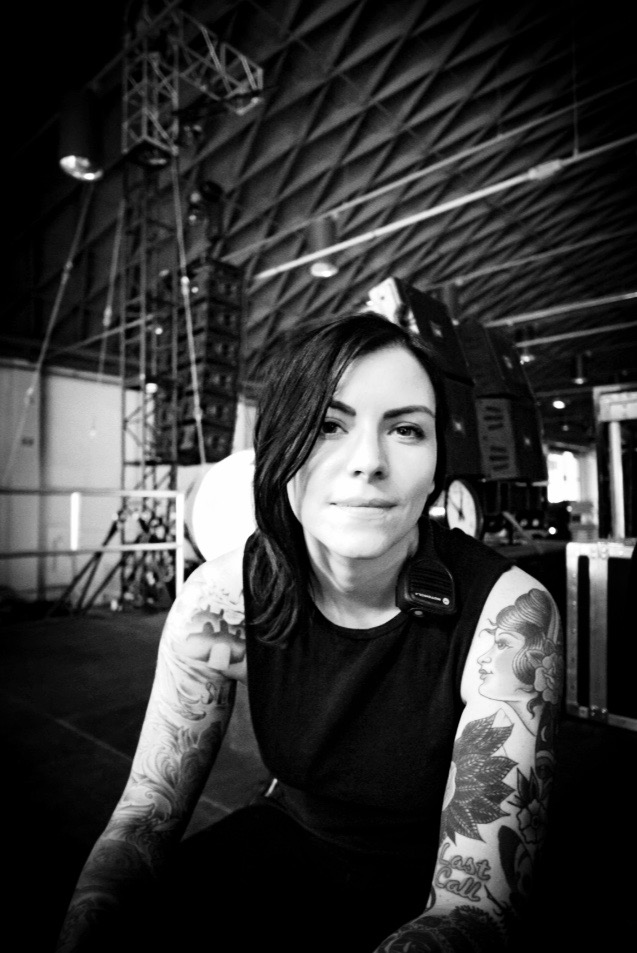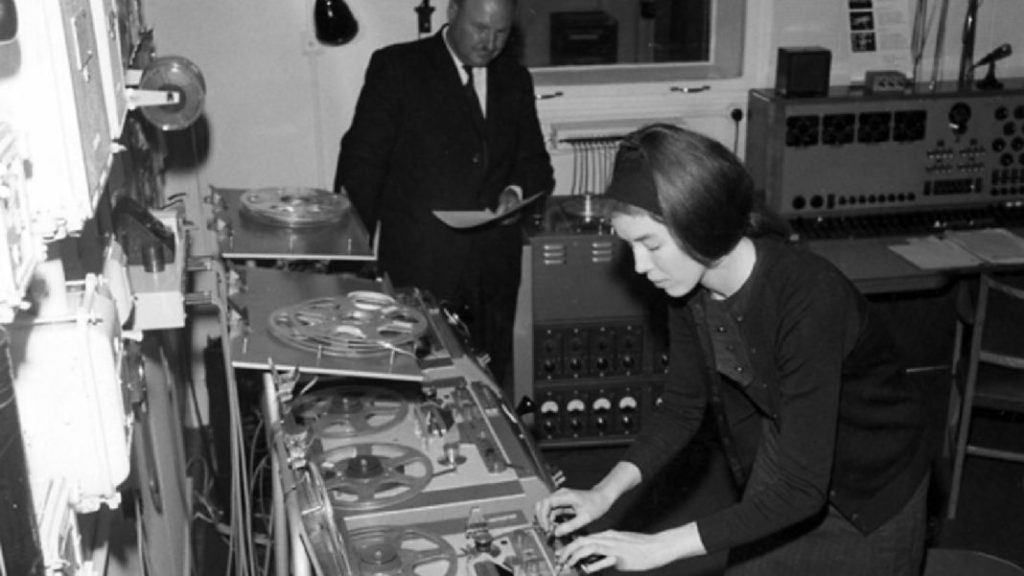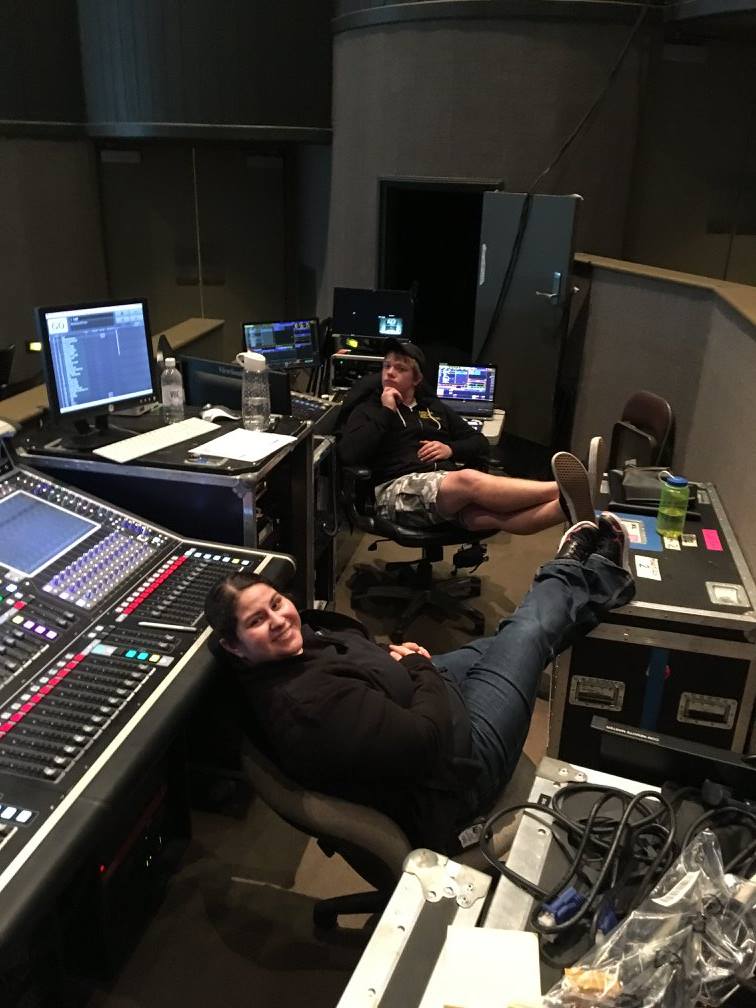Connecting with Fellow Women
This month I have been in the spirit of networking. Having hosted online webinars, delivered motivational talks in events around Durban, SA, and to the KZN Women in Business members, and am using my audio skills to start a podcast (which I will tell you ALL about in June!!), I thought it would be great to get up close and personal with a fellow female in my sound circle.
I met Lebo Poen when I was studying audio engineering at Abbey Road Institute, Johannesburg. At the time, she and I were the only women in the entire building! It was lovely getting to know her on a personal and professional basis, so I thought I’d reconnect with her (6 months later) to check in with how she is doing and tell you a bit more about her and her experience as a woman in the sound and music industry, the good, the bad and the inspirational!
So, here goes!
How did you get into the audio/music industry?
“My love for music definitely came from my dad. His ear for music is one I still admire to this day.
I studied music and sound engineering immediately after high school, and while in music school we were strictly encouraged to begin being active in the industry. We all had to either gig in different bands or attend gigs to expand our network.
But, because of my dad’s influence, well before music school, as a teenager I had already enrolled in extra music lessons (even after having grown up in a school that had music from grade 1), and I have predominantly been involved in singing groups/choirs/bands.
I’ve always known I wanted to end up pursuing a career in music (or the creative sector rather), but just that it would not be an easy road.”
How has your experience as a female in a male-dominated industry been?
“This question always makes me emotional because the evidence of male privilege within the music industry affects over 50% of the women who walk this brave path.
It has taken me much longer to get to where I wanted to be in my 20s although, I never look back and say; “What if?” Or as the famous saying goes; “Life Happens”.
Time was stolen from me at that early stage… time I could never get back.
There have been men in the industry responsible for hindering my progress, be it through the job application process – giving preference to males when we were both equally competent or whether it was blatantly letting me know that the job would only be mine if I was willing to afford sexual favors to the potential employer…
There are deep-rooted issues within the music industry, especially in our country, South Africa, where men are only just starting to realize that discrimination against women in the industry (and in general in our culture) is not acceptable.
I have also witnessed women alongside me who did not have the heart to keep pushing toward their dreams of creating albums or even going into specializing when it comes to sound engineering. They settled for “safer” jobs and changed careers. The discrimination was too much to handle. My heart cries out to them all.”
When I was at Abbey Road Institute, you and I were the only two women there. How was the experience for you?
“It’s lonely sometimes, to be honest. I have been so used to predominantly working with men, used to how they are nearly never mindful of their sexist so-called jokes, etc.
I am so used to hanging out with men that whenever I meet female creatives or engineers, it’s a pleasant surprise – it’s like finally, someone I can connect with that could “get it”.
In the same vein, it doesn’t mean that I’ve been able to befriend female engineers at first glance, I guess it’s about the individual. It’s weird!”
Have you ever been a victim of discrimination in the music industry, if so – what happened and how was it handled?
“I have.
Fortunately for my sake, I am very resilient, and I have had a pretty firm stance in my adulthood as far as faith matters are concerned, so when I realized and encountered discrimination happening to other females around me I would report what I witnessed when they struggled to speak up for themselves.
So, when I experienced discrimination there wasn’t an ounce of fear within me.
I spoke up. I acted.
On two occasions I reported an issue before I abandoned the working relationship. One matter was settled in a disciplinary hearing that went in my favour. I was given the verdict of the offender’s suspension after I left the professional relationship.
Nothing was done about the other matter at the time of my reporting, but I am grateful that a few years later I received a call from an old colleague letting me know that that offender had since been fired. There had been more complaints against him and evidence had been weighed, and he was let go.”
What are some of the struggles you face as a woman in the industry, and how can we address these?
“The top two struggles I face are assumption and unfair treatment.
I am sure many other females can relate. Most of the time, when a man and a woman both raise their hand for a position for which they are both competent, the assumption is that the woman is less competent and unable to fulfill the role “as well” as the man would. This assumption leads to employment or selection of the man instead of the woman, regardless of skill set or experience.
Secondly, if a man and a woman were to both apply for a job where their skillset/competence does not meet the minimum requirements (i.e., they would require training), that training would much rather be provided to the man than the woman.
This is what I have called for years, part of ‘The disease in the music industry.”
What have some of the highlights of your career been?
“I have been blessed to have met some inspirational people on this tough road. It has not been all gloom!
I have been a part of amazing, big stadium shows locally, which had some of the country’s top musicians, either focusing on FOH or monitor mixes for the artists/performers on stage. On some projects I co-engineered, on others, I flew solo behind the console.
In this work though, it is rare that in a big event there is one engineer. It is always a team effort, and it matters a lot that one has good interpersonal skills in general.
Another highlight was when I worked as a technical producer with a room full of journalists in a “Current Affairs” show that ran live on-air every evening. I have a passion for broadcasting and a special place in my heart for journalism/newsworthiness/storytelling.”
What are you working on/busy with now?
“I am working on getting my second book published.
My first book was a poetry anthology Called “For the Broken Ones”, and it was published in 2018 by Nsuku Publishing Consultancy.
I have also curated a production event where music meets poetry, and rehearsals are underway for the band to perform 10 tunes of that set.
I have also collaborated with a friend who is a playwright, working with them on a performance in which I play a role as well. I am rehearsing lines as we speak.”
Do you have any words of inspiration for females in the industry out there?
“Never give up.
The world is changing every day.
Perspectives and mindsets shift with each passing day, and if you are determined about having your legs in the industry, then it will happen. It is just a matter of time.
It is also important to not compete with anyone and always be on your own side.
As a believer, I always encourage people to pray.”
How can we support/find you (socials, published work, etc.
“I am @ellpoen on IG and Twitter. My book “For the Broken Ones” is also still available for sale and I accept orders of copies via direct messages.”
Thank you so much to my friend, Lebo for her time and effort to chat, as well as her inspiration for other women in the industry to persevere and follow their dreams, despite any challenges that may arise!



